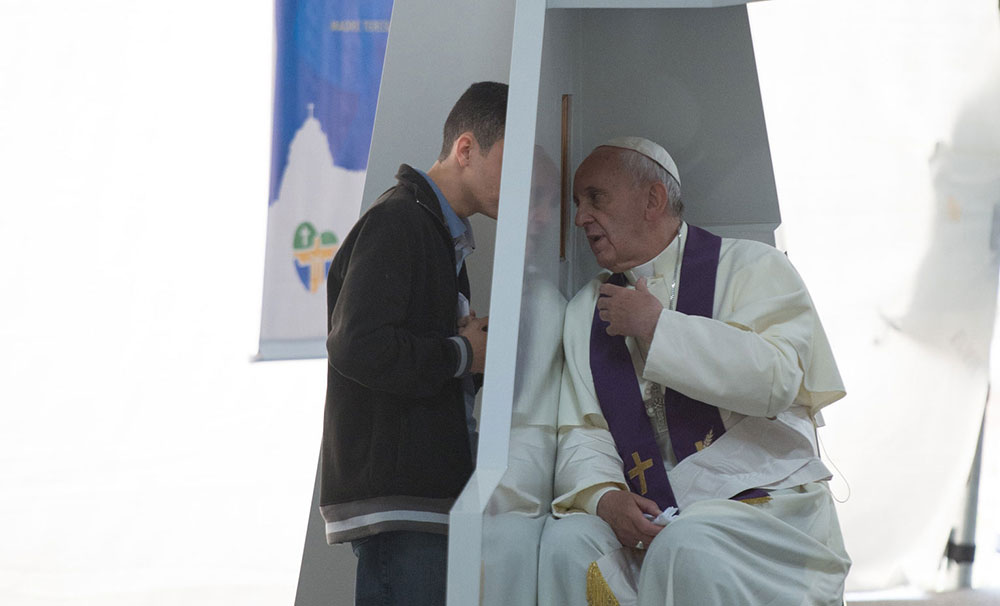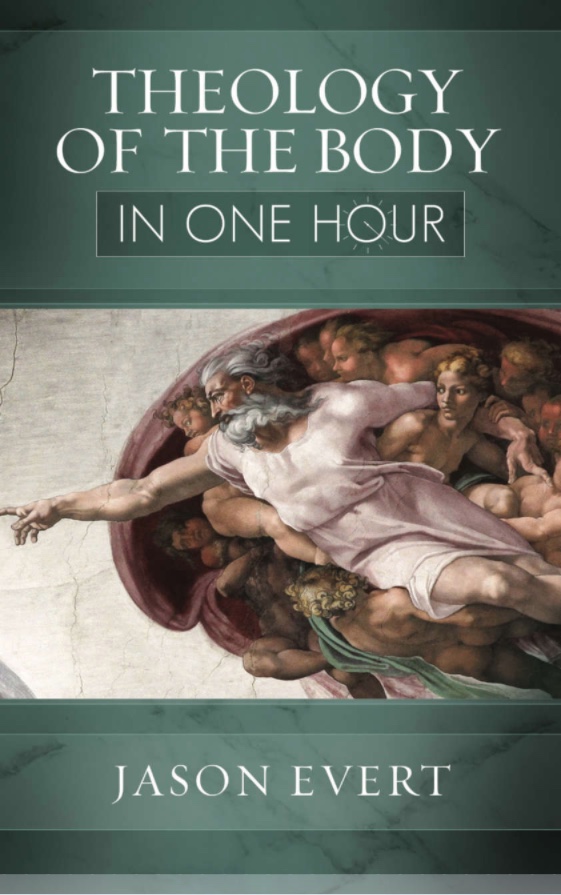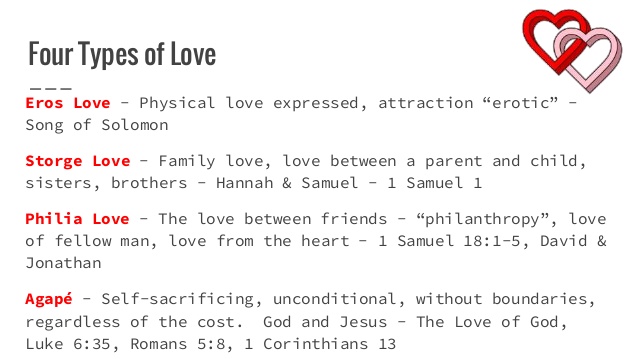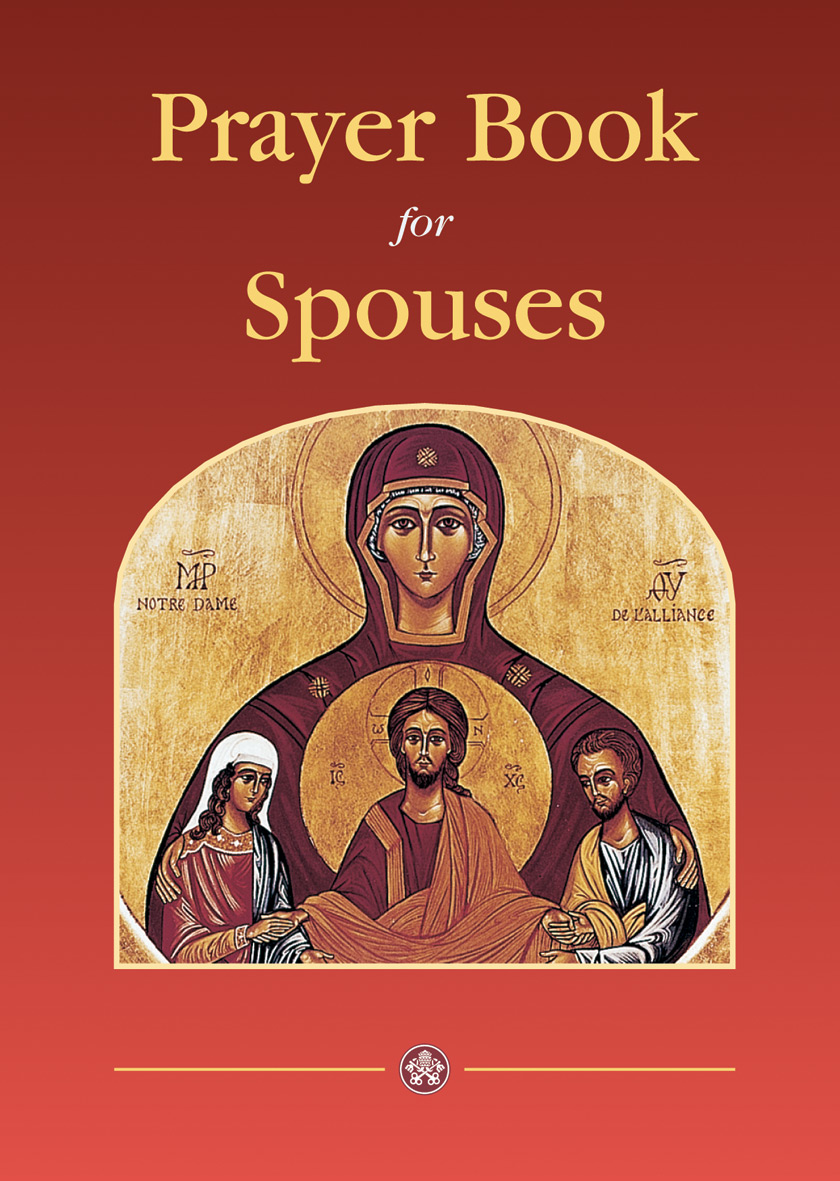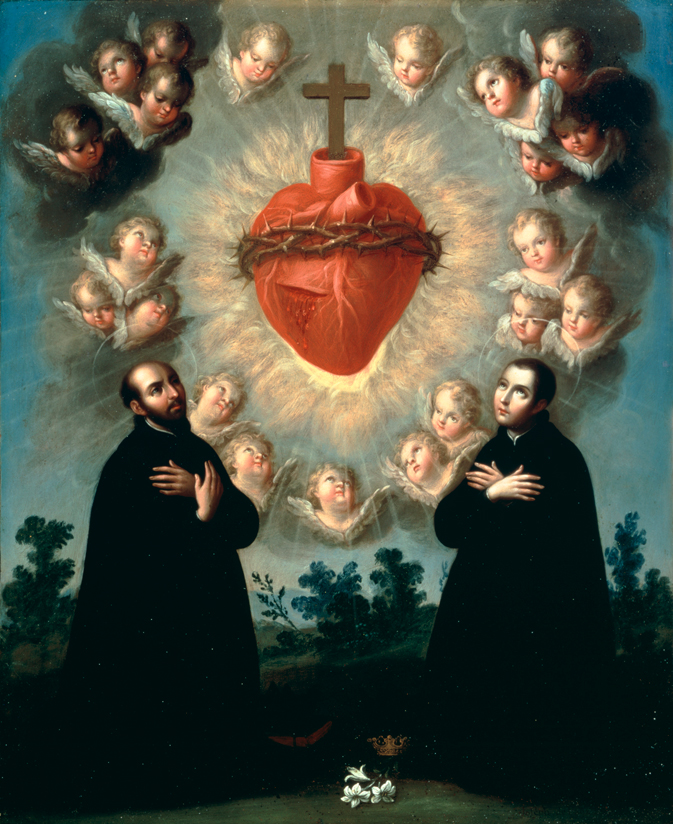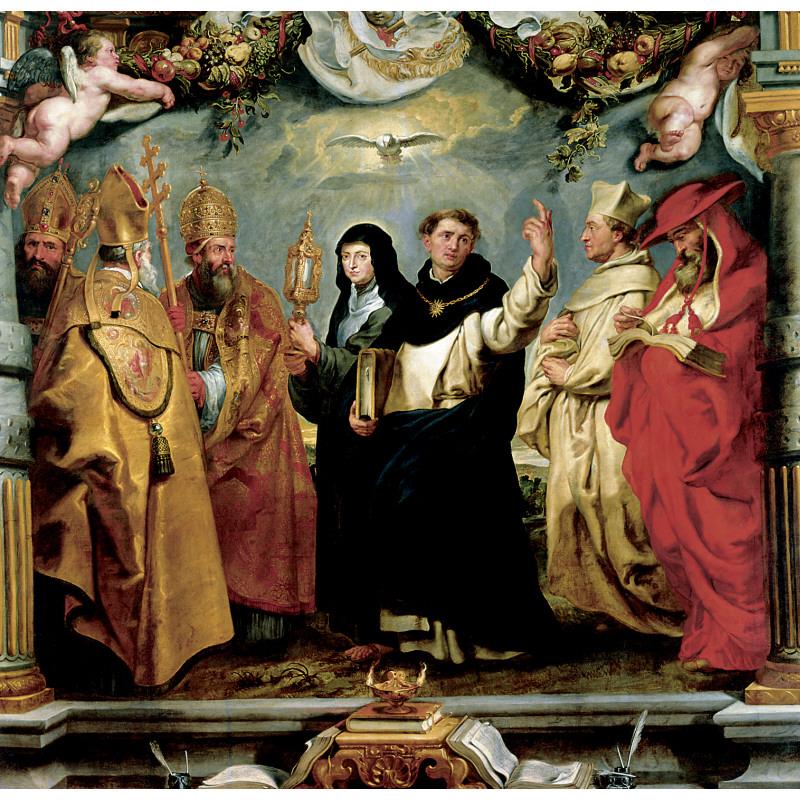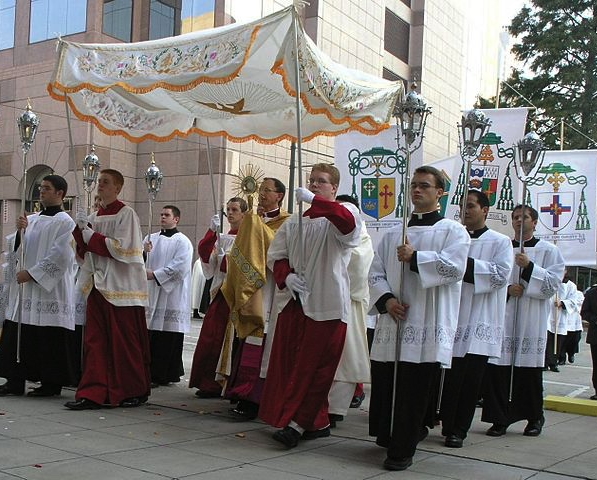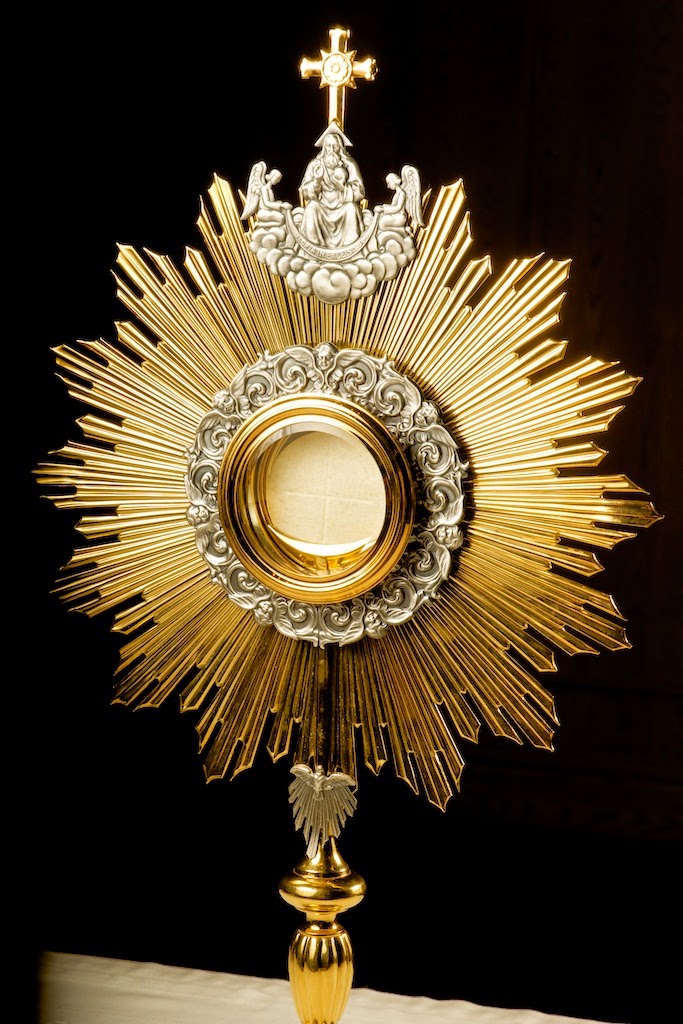
In the Fox television series, of which I am a HUGE fan/geek/nerd, “Sleepy Hollow”, witches use a power known as “glamour” to disguise their true appearance, age, and other things they want to hide. This is a much older understanding and sense of the word glamour, here used in that sense in the Catholic baptismal promises below. Sir Walter Scott (1797-1826) wrote, defining the use of the word glamour, “the magic power of imposing on the eyesight of spectators, so that the appearance of an object shall be totally different from the reality.”
Do you reject sin, so as to live in the freedom of God’s Children?
I do.
Do you reject the glamour of evil, and refuse to be mastered by sin?
I do.
Do you reject Satan, father of sin and prince of darkness?
I do.
Do you believe in God, the Father Almighty, Creator of Heaven and Earth?
I do.
Do you believe in Jesus Christ, His only Son, our Lord,
Who was Born of the Virgin Mary,
was crucified, died, and was buried,
rose from the dead,
and is now seated at the Right Hand of the Father?
I do.
Do you believe in the Holy Spirit, the Holy Catholic Church, the Communion of Saints,
the Forgiveness of sins, the Resurrection of the body,
and Life everlasting?
I do.
God the Father of our Lord Jesus Christ
has given us a New Birth by water and the Holy Spirit,
and forgiven our sins.
May God also keep us faithful to our Lord Jesus Christ
forever and ever.
Amen.
-by Stephen Sparrow, who writes from New Zealand. He is semi-retired and reads (and writes) for enjoyment, with a particular interest in the work of Catholic authors Flannery O’Connor, Walker Percy, Sigrid Undset, Dante Alighieri and St Therese of Lisieux. His secondary school education was undertaken by Society of Mary priests at St. Bedes College and after leaving school in 1960 he joined a family wood working business, retiring from it in 2001. He is married with five adult children. His other interests include fishing, hiking, photography and natural history, especially New Zealand botany and ornithology.
“Flannery O’Connor (1925-1964) is recognized as one of the most important American writers of this century. In her short life, Flannery O’Connor left a small and precious body of writing in which the voices of displaced persons affirm the grace of God in the grotesqueries of the world.
Born Mary Flannery O’Connor in Savannah in 1925, she spent a serene childhood there, although a series of displacements lay ahead in her growing years. Her family were staunch Roman Catholics, a small religious minority in the South. Even as a child in parochial school, she was aware of being regarded as somehow different, although Savannah was where most Georgia Catholics lived at that time. In her mature years as a writer, many of her artistic contemporaries regarded any kind of orthodoxy as freakish, but she never lost her vital connection to her faith and her Church, and never lost the courage of her convictions, whether as a Catholic or an artist.
Her brief literary career was a race against time. The symptoms of lupus appeared just as she was finishing her first novel, Wise Blood. The disease progressed with occasional remissions. But, in fact it was only restrained by a medication that simultaneously damaged her bone structure. Aware of the fragility of her existence, she wrote and revised with tireless intensity. But two collections of stories, A Good Man Is Hard to Find and Everything That Rises Must Converge, and a second novel, The Violent Bear It Away, were all she was able to finish. The Fitzgeralds posthumously published her occasional prose in a collection entitled Mystery & Manners. Some years later Sally Fitzgerald edited and published a selection of her celebrated letters under the title, The Habit of Being. Unfortunately, Flannery O’Connor’s work did not receive its highest honors until after her death, but her reputation has grown steadily and, today, she is everywhere recognized as one of the most important American writers of this century.
During her most creative years, also the years of her physical decline, she lived on a family farm outside Milledgeville, attended by a great flock of peacocks she loved to raise. She was a warmly receptive person who maintained her sharp sense of humor despite poor health. She died in Milledgeville in 1964 and is buried there near her father. Toward the end of her life she wrote:
“The novelist with Christian concerns will find in modern life distortions which are repugnant to him, and his problem will be to make them appear as distortions to an audience which is used to seeing them as natural; and he may be forced to take ever more violent means to get his vision across to this hostile audience. When you can assume that your audience holds the same beliefs you do, you can relax a little and use more normal ways of talking to it; when you have to assume that it does not, then you have to make your vision apparent by shock to the hard of hearing you shout, and for the blind you draw large and startling figures.”
Her shocking message was, and is, Behold, the dwelling of God is with men!
(Excerpted from the short biography of Flannery O’Connor on the Georgia Women of Achievement web site)
——–
During an interview granted to Jubilee Magazine, Flannery O’Connor was reminded of something she had once written to the effect that the creative action of the Christian’s life is to prepare his death in Christ. The interviewer then asked how this related to her work as a writer? O’Connor replied, “I’m a born Catholic and death has always been brother to my imagination. I can’t imagine a story that doesn’t properly end in it or in its foreshadowings.”

Flannery O’Connor
(1925-1964)
“I can’t imagine a story that doesn’t properly end in it or in its foreshadowings.”1 Flannery O’Connor was faithful to her own dictum and out of her two published collections of short stories twelve of the twenty end in death, and, of her two novels one begins with death and the other ends in it, and each also features a murder. Untimely death, or its foreshadowing, is the eschatological theme underlying most of O’Connor’s fiction, which, for the Christian, means that the last four things are: death, judgement, heaven and hell.
In her acclaimed short story “A Good Man Is Hard To Find”, O’Connor makes spectacular use of violent death to highlight this theme. The story is about a vacationing family murdered by a trio of psychopaths, and right from the beginning it is filled with portents of doom. First, we witness the manipulative grandmother lecturing her apathetic son on the dangers of heading in the same direction (Florida) as this “Misfit…aloose from the Federal Pen.” She tries unsuccessfully to gain his attention by saying, “‘Now look here, Bailey, see here, read this,’ and she stood with one hand on her thin hip and the other rattling the newspaper at his bald head.” The grandmother has another destination in mind. She would like them all to visit East Tennessee, which the children have never visited, rather than Florida where they have previously vacationed. For their part, the children bicker openly with their grandmother and disparage her to each other, while their father ignores them all, being absorbed by the daily newspaper’s sport section. Meantime, his homely looking wife just sits on the sofa saying nothing as she spoon feeds the baby. The decision to head for Florida stands, and next morning the family get in the car and commence their journey. As they leave Atlanta and drive into the countryside, O’Connor tells us, “the trees were full of silver-white sunlight and the meanest of them sparkled.” The trees stand impassively but even the meanest the worst of them sparkle, symbolising the wilderness of good and evil the family is about to enter; a very Dantesque2 image. But, it’s not just the trees that sparkle; so too do the people the family encounter. Even in the Misfit leader of the killers an infinitesimal spark of goodness shows fleetingly right at the end of the story, and this comparison with “mean” trees that sparkle illustrates the uniquely sacramental view of life O’Connor portrays through her fiction.
To get quickly to the crux of the story, we’ll only skim through the remaining portents of doom. O’Connor tells us that in the car the grandmother is dressed meticulously so that “anybody seeing her dead on the highway would know that she was a lady.” The family is not long on the journey when they pass a cotton field with five or six graves in it. “The family burying ground…that belonged to the plantation,” the Grandmother announces, and the children ask what happened to the plantation. “Gone with the wind,” the old lady tells them. They stop for a break at Red Sammy Butt’s barbecue stand and learn in passing how several days earlier, Butt’s was ripped off by three men who filled their car with gas and took off without paying. A short time later we find ourselves with the family traveling along a winding dirt road in search of an old mansion remembered by the Grandmother. The children, in an unruly display, have forced Bailey, against his better judgment, to seek out the place. The last thing Bailey wants is a detour on a dirt road and so before agreeing to search for the mansion, he warns his passengers, “this is the one and only time…we’re going to stop.” Prophetic words indeed. A short time later the Grandmother’s cat panics and springs from its basket in the back, distracting the driver, and the car crashes off the road landing right side up in a ditch. The family emerge from the partly wrecked vehicle and count the cost. The only real injury is the mother’s broken arm.
The crash has been witnessed by the Misfit and within a short time he and his two sidekicks arrive on the scene. The Grandmother makes the mistake of admitting that she recognises the Misfit and he in turn orders his sidekicks to take the mother, father and children into the woods and execute them. Left alone with the Misfit the Grandmother attempts to talk him out of killing her. She prattles on about prayer and Jesus and attempts to bribe him with all the money she’s got, causing the Misfit to respond, “there never was a body that give the undertaker a tip.” And on the subject of Jesus he continues, “Jesus was the only One that ever raised the dead and He shouldn’t have done it. He thrown everything off balance. If He did what He said, then it’s nothing for you to do but throw away everything and follow Him, and if He didn’t, then it’s nothing for you to do but enjoy the few minutes you got left the best way you can by killing somebody or burning down his house or doing some other meanness to him. No pleasure but meanness.” However, the Grandmother can’t stop prattling on until quite suddenly her head clears and she realises that both she and the Misfit are connected. They are both children of God. “Why, you’re one of my babies. You’re one of my own children,” she says and reaches out and touches him on the shoulder, and the Misfit retaliates by jumping up and shooting her. She had unwittingly told him the one thing he didn’t want to hear and paid for it with her life. She had touched a raw nerve and reminded the Misfit of his kinship and, by inference, his duty to all other human beings. Immediately afterward when one of his sidekicks talks about the fun they just had, the Misfit, realising the pointlessness of their actions, tells him to shut up and says, “It’s no real pleasure in life.” For the Misfit, it is the first stage on the journey of repentance. Writing about this encounter later, O’Connor said that, “The story is a duel of sorts between the Grandmother and her superficial beliefs and the Misfit’s more profoundly felt involvement with Christ’s action, which set the world off balance for him.”3
For the Misfit (or anybody for that matter) the inconvenient thing about Christianity is its all or nothing character. Christianity is either true for everybody or not true for anybody. Both stances are dogmatic. One states that Jesus Christ is God, the other denies that belief. Neither position is provable, but, if there is no such thing as a merciful God, then how can killing or murder be a crime? Isn’t murder just force? Isn’t this world merely a product of blind force? So what is the big deal? If force is supreme then surely the exercise of the greatest force would be the greatest achievement; greater by far than mercy and justice, which sit at the opposite end of the “Force” scale. If Force is supreme, then Justice is mere folly and, in conflict with Force/Natural Selection/Evolution etc, it should never have got off the ground. But first we had better define Justice. My definition is: the dignity and the freedom for each and every individual to be their unique selves. Now if Justice is really folly, there would be no moral absolutes such as the Ten Commandments and we would then have to agree with what the Misfit told the Grandmother: “If He (Christ) didn’t (raise the dead), then it’s nothing for you to do but enjoy the few minutes you got left the best way you can by killing somebody or burning down his house or doing some other meanness to him. No pleasure but meanness.”
Flannery O’Connor was familiar with the writings of Charles Pegúy, and with a deft touch she used fiction in “A Good Man Is Hard To Find” to echo what Pegúy’ stated in his essay “Clio I”: “You (Christianity) have eternalised everything. You have grabbed all the values on the market. And turned them all into infinite values. And now one can no longer be sure of quiet for a single moment.” 4 O’Connor often plugged this theme in various ways in her lectures, one remark being, “Redemption is meaningless unless there is a cause for it in the actual life we live,”5 and in 1959 she publicly reiterated her raison d’être saying, “I am no disbeliever in spiritual purpose and no vague believer. I see from the standpoint of Christian orthodoxy. This means that for me the meaning of life is centred in our redemption by Christ and what I see in the world I see in its relation to that.”6 The whole thrust of A Good Man Is Hard To Find is consistent with these avowals.
O’Connor had a high opinion of Dante Alighieri’s writings, especially The Divine Comedy, and she could not have overlooked the aptness of the line, “As many coals produce a single heat.”7 What a superb phrase to illumine the social role of Christianity. If we turn that meaning around and imagine the fire of Christianity cooling, all hell (quite literally) breaks loose, making it plain that Christianity should not be respected merely on account of its civilising role in history, but rather the unshakeable fact exists that the social and civil advantages gained by any State from its Christian roots have accrued as a direct consequence of the Missionary Church’s main aim of saving souls.
So, what is it like to be holy? For the individual it is to increase and enhance goodness and happiness wherever he is. It is to arrive in some situation and leave it better than when he entered it. Authentic holiness is all about wholeness, which in turn is about balance in our lives the balance of sensible things and without that balance, joy and happiness become inaccessible. O’Connor touched on this when writing to Betty Hester, “Always you renounce a lesser good for a greater; the opposite is what sin is.”8 To shy away from holiness is to veer toward sin, but, much as we may want otherwise, we human beings are incapable of leaving the transcendental alone. We’re caught in a supernatural tug-of-war; one end of the rope is good and the other end evil. We seem to be scared that holiness might somehow make us miserable, when in fact the opposite is the case, and inevitably we feel drawn to the evil end of the rope.
Flannery O’Connor’s undoubted sympathy for the Misfit in his situation is well covered by a few lines in another letter she wrote to Hester. “We are not judged by what we are basically. We are judged by how hard we use what we have been given. Success means nothing to the Lord, nor gracefulness,”9 and still later in the introduction to “A Memoir of Mary Ann” she wrote, “Most of us have learned to be dispassionate about evil. To look it in the face and find, as often as not, our own grinning reflections with which we do not argue, but good is another matter. Few have stared at that long enough to accept the fact that its face too is grotesque, that in us the good is something under construction.”10
However, as noted earlier, that infinitesimal sparkle of goodness from the Misfit shows up clearly right near the end of the story. Talking of the Grandmother he says, “She would of been a good woman if it had been somebody there to shoot her every minute of her life.” Note the Misfit’s use of that word good: like all of us he instinctively knows about good and evil and his comment applies to each and every one of us irrespective of gender. In other words, who would not be well behaved if there were always a loaded gun pointed at them? The threat of imminent death may be the only way some people will ever understand the deep-seated reason for being good, which is a prime aspect of the Natural Law. Such a threat surely begs the question, should people be good because of the fear of punishment or because of their love for fellow human beings? But we’re given a clue to the answer in the final line of the story where the Misfit utters those famous words showing his freely chosen change of heart, “It’s (meanness) no real pleasure in life.”
The Misfit had a rough upbringing and his behaviour had seldom conformed to the norms of middle class society. He told the Grandmother of how he had once had a “run in” with the so called Justice System (Force masquerading as Justice!), which, as everyone knows, is what governments use to tidy the frayed edges of society. The Misfit got enjoyment from hurting others because his experience of life had shown how others found enjoyment and pleasure in hurting and harming him. St Thomas Aquinas defined all evil as mistaking or misusing the means for the end.11 The Misfit did exactly that. He made enjoyment and pleasure in crime an end in itself. He thought this was his right instead of remembering that rights and duties are intertwined. His killing of someone as old and helpless as the Grandmother certainly opened his eyes and changed him and it is equally certain that the encounter changed the Grandmother as well. With one brutal stroke God’s Grace is shown to cut both ways, causing each of the protagonists to come face to face with the Mercy of God. As O’Connor said, “There is something in us, as storytellers and as listeners to stories that demands the redemptive act, that demands that what falls at least be offered the chance to be restored.”12 In “A Good Man Is Hard To Find” both the Misfit and the Grandmother are portrayed (albeit covertly) as being restored to a state of grace.13 Truly, Flannery O’Connor was right when she wrote, “and the meanest of them sparkled,” because somewhere deep inside each and every one of us lies the faculty to be good; that capacity to sparkle.””
Love,
Matthew
ENDNOTES
1. Conversations With Flannery O’Connor. Rosemary Magee, ed. Mississippi: University of Mississippi Press. 107.
2. Dantesque: from Dante Alighieri 1265-1321. Italian Poet and author of The Divine Comedy. Dante frequently used sacramental imagery.
3. “Letter to Mr. .” Flannery O’Connor: Collected Works. New York: Library of America, 1988. 1148.
4. Pegúy Charles 1874-1914. French Poet and Thinker. “Clio I” extract from Temporal and Eternal. English edition. Harvil Press, 1954.
5. “The Fiction Writer And His Country.” Flannery O’Connor: Collected Works. New York: Library of America, 1988. 805.
6. Ibid Pages 804-5
7. Dante Alighieri. The Divine Comedy. “Paradiso.” Canto 19: line 19.
8. “Letter to A.” Flannery O’Connor: Collected Works. New York: Library of America, 1988. 978.
9. Ibid Page 1082
10. “A Memoir of Mary Ann.” Flannery O’Connor: Collected Works. New York: Library of America, 1988. 830.
11. The aspect of good is found chiefly in the end: and therefore the end stands in the relation of object to the act of the will, which is at the root of every sin. (St Thomas Aquinas: cf. Summa Theologica, 2.1.72.1, “reply to objection 1”) Put simply this states, “All evil exists in the mistaking or misusing of the means for the end.” (Hilaire Belloc: “The Cruise of The Nona.”) Flannery O’Connor studied Thomas Aquinas.
12. “The Grotesque in Southern Fiction” Flannery O’Connor: Collected Works. New York: Library of America, 1988. 820.
13. State of Grace: The state of being reconciled with God in His Mercy.

